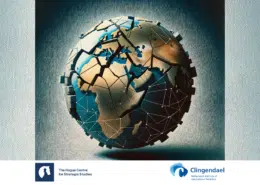Trending Topic
 https://hcss.nl/wp-content/uploads/2024/02/Barsten-en-Blokken-Strategische-Monitor-2023-2.png
572
880
Patrick Willemsen
https://hcss.nl/wp-content/uploads/2021/04/HCSS_Beeldmerk_Blauw_RGB1200-ppi-e1619025866259-300x300.png
Patrick Willemsen2024-02-13 08:55:242024-02-15 08:42:18De Strategische Monitor 2023 | Barsten en Blokken: Confrontatie en Samenwerking in een Wereld van Wisselende Coalities
https://hcss.nl/wp-content/uploads/2024/02/Barsten-en-Blokken-Strategische-Monitor-2023-2.png
572
880
Patrick Willemsen
https://hcss.nl/wp-content/uploads/2021/04/HCSS_Beeldmerk_Blauw_RGB1200-ppi-e1619025866259-300x300.png
Patrick Willemsen2024-02-13 08:55:242024-02-15 08:42:18De Strategische Monitor 2023 | Barsten en Blokken: Confrontatie en Samenwerking in een Wereld van Wisselende Coalities



















